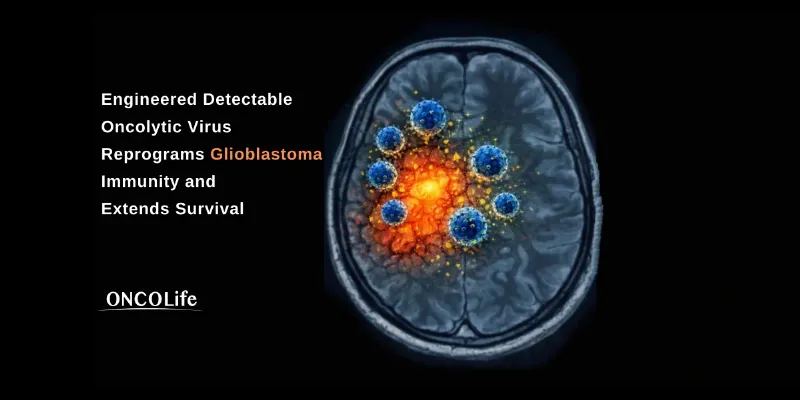Natera's Novel Blood Test Signatera Offers New Hope for Early Lung Cancer Detection


ONCOLife |
3 February 2024
In a landmark study published in The Journal of Thoracic and Cardiovascular Surgery, a blood test developed by Natera has been shown to significantly improve the early detection of cancer recurrence in patients who have undergone surgery for stage I-II non-small cell lung cancer (NSCLC). By analyzing circulating tumor DNA, Signatera predicts recurrence months before traditional methods, altering clinical management in all positive cases.
Signatera, a personalized blood test, has revolutionized early cancer detection and risk assessment by tailoring to each patient's cancer profile. This approach has changed post-operative surveillance in all positive cases, highlighting its pivotal role in monitoring for cancer recurrence with unparalleled precision.
Dr. Minetta Liu, Chief Medical Officer of Oncology at Natera, emphasized the transformative impact of Signatera in clinical practice, stating, “This study demonstrates that serial monitoring with Signatera can identify patients who are most likely to benefit from adjuvant systemic therapy and/or more intensified imaging. With measurable clinical impact in 100% of Signatera MRD-positive cases, this study supports the utility of Signatera in the management of non-metastatic, resected NSCLC.”
Lung cancer is the second most frequently diagnosed cancer worldwide, with NSCLC accounting for 81% of all cases in the US. Approximately 25-30% of NSCLC patients are diagnosed with stage I-II disease and undergo surgical resection with curative intent, sometimes followed by adjuvant systemic therapy. Despite these interventions, a concerning 30–55% of patients experience disease recurrence within the first five years post-surgery, leading to varied overall survival rates.
The study examined 378 plasma samples from 108 NSCLC patients over 16 months, focusing on the association between circulating tumor DNA (ctDNA) status and recurrence-free survival (RFS). Key findings demonstrated that patients testing positive for ctDNA within six months post-resection were 53 times more likely to experience recurrence compared to their ctDNA-negative counterparts (p<0.0001). Moreover, ctDNA detection exhibited a median lead time of 5.5 months compared to recurrence confirmation through radiographic imaging.
In a key development, the study revealed that clinical management strategies were altered in 100% of ctDNA-positive patients, leading to earlier radiographic imaging and prompt referrals for treatment in cases where PET scans identified malignant features.
This recent study builds on Natera’s earlier research, including a 2023 publication in Frontiers in Oncology that demonstrated Signatera's ability in unresectable NSCLC. The EMPower Lung-1 trial, presented at the 2023 ASCO annual meeting, showcased Signatera’s efficacy in monitoring response to immunotherapy and predicting outcomes in advanced NSCLC patients. This latest work further extends the findings of the 2017 TRACERx Nature publication, which initially reported Signatera’s capability to detect relapse early with high sensitivity and specificity in resected NSCLC patients.
Signatera blood test:
Signatera, a personalized and tumor-informed test, enhances cancer management by using circulating tumor DNA to detect and quantify residual disease, offering early recurrence identification and aiding in treatment optimization. It's tailored for individual patients, approved for clinical and research applications, and covered by Medicare for specific cancers and immunotherapy monitoring. Clinically validated across various cancers, its efficacy is supported by over 50 peer-reviewed publications.











Comments
No Comments Yet!